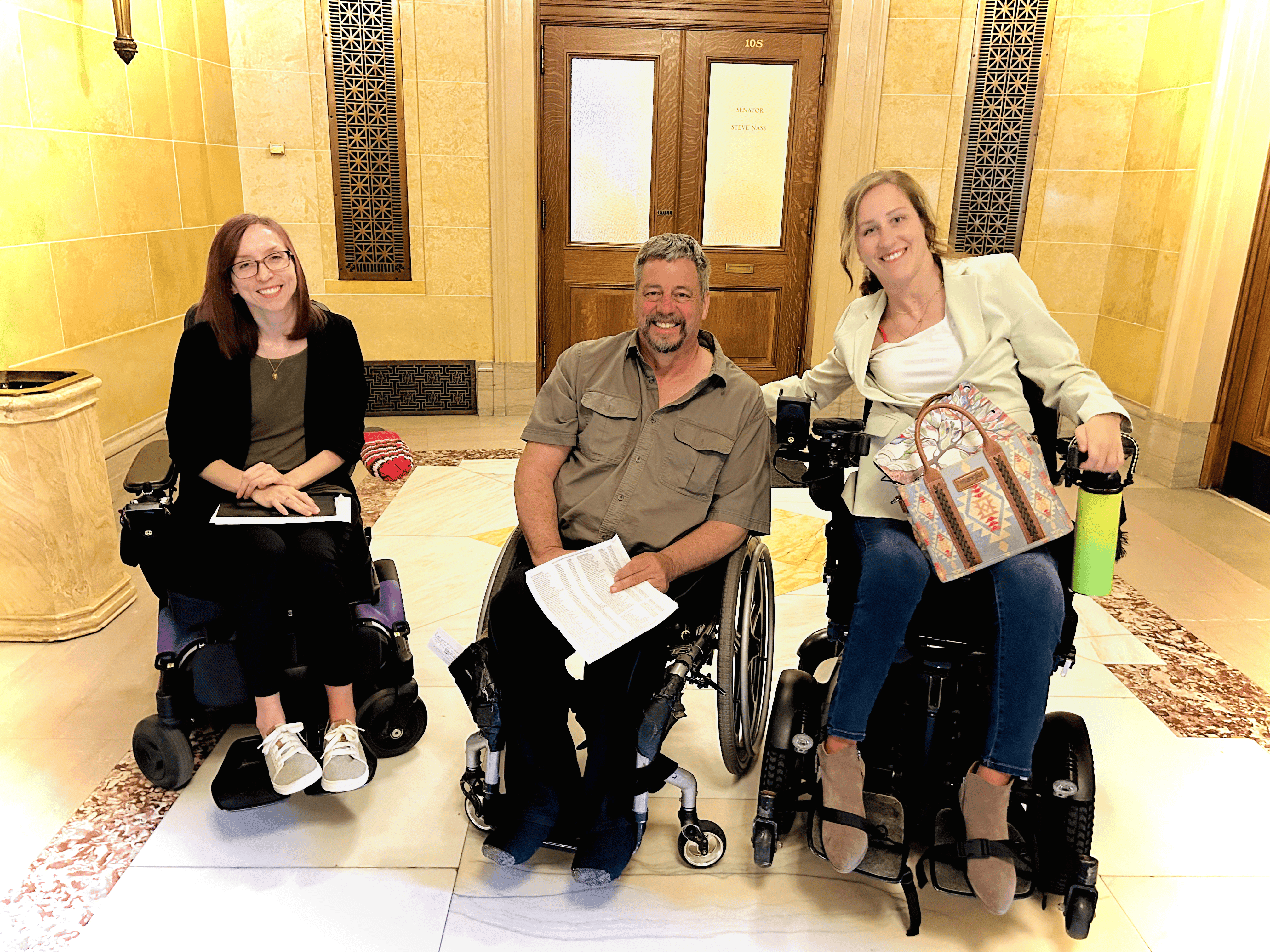
We continue our roll-out of newly available videos from this past year's set of presentations at Working 2 Walk 2018 in Vancouver. We decided Dr. Lyn Jakeman's presentation, The Breadcrumb Path from Bench to Bedside, would be timely as we gain insight into The National Institute of Health's upcoming event: SCI 2020: Launching a Decade for Disruption in Spinal Cord Injury Research.
Two of U2FP's Board Members, Dr. Sasha Rabchevsky and Barry Munro as well as U2FP's Executive Director, Matthew Rodreick will be presenting as representatives of the North American SCI Consortium. They will be challenging the attendees to find ways for the research enterprise to "work with us not for us" - "us" meaning those living with Spinal Cord Injuries.
This is also why Matthew and Kate Willette have scheduled an interview with Dr. Lyn Jakeman (who is the Director of the Division of Neuroscience at NINDS) on U2FP's CureCast podcast. We're looking to dive a little deeper with her into how they chose the conference title, "Decade for Disruption"; what they mean by "Disruption"; and where they hope that disruption leads. Check out the video and stay tuned for the podcast to be ready soon.
Dr. Lyn Jakeman, Director of the Division of Neuroscience in Extramural Programs at NINDS, discusses the often spotted and twisted path from fundamental research to translation of ideas into therapies, and outlines some of the existing programs targeted at helping projects get to the next step. Her talk, The Breadcrumb Path from Bench to Bedside, discusses the difficulties, roadblocks and frustrations inherent in the translation process and what some alternative solutions might be to improve the chances of research ideas resulting in more effective clinical trial outcomes.
The Breadcrumb Path from Bench to Bedside
ABSTRACT: Drugs, cells, gene therapies, and devices are under investigation around the world with hopes of determining safety and effectiveness to improve or enhance recovery after injury. Meanwhile, advances in tools and technology in biology, engineering and communications have vastly accelerated neuroscience discoveries. Yet, many basic research studies end with some new knowledge and scientific publications, but no product has been found, no treatment identified. Early stage clinical trials also often end with no definitive answers, or do not finish at all. Why does this happen? Is it inevitable? Are there exceptions? How do we ensure that investments in research will benefit patients and consumers? These are questions that funding agencies grapple with all of the time. In this presentation, I will discuss the often spotted and twisted path from fundamental research to translation of ideas into therapies, and I will outline some of the existing programs targeted at helping projects get to the next step. In closing, I will present some ideas for how diverse stakeholders can work together to identify and respond to potential research advances that are poised at the intersection of scientific, technological and community readiness. I hope to encourage discussion of the approaches and language that can can be employed to foster cooperative efforts across the translational spectrum.
We'll keep updating you on newly available Working 2 Walk 2018 presentations here in our newsletter. You can also find current and past Working 2 Walk videos stored in our W2W 2018 Vimeo album, and featured on the Video Library page of our website.
Join us,
Matthew Rodreick, Executive Director
U2FP

















